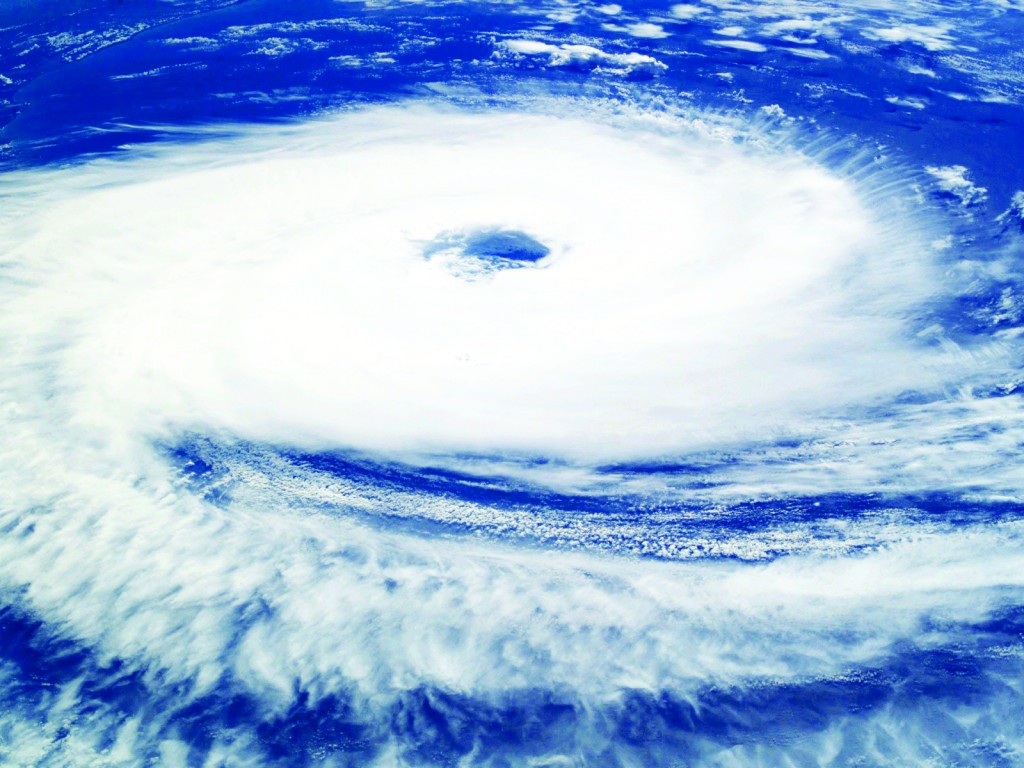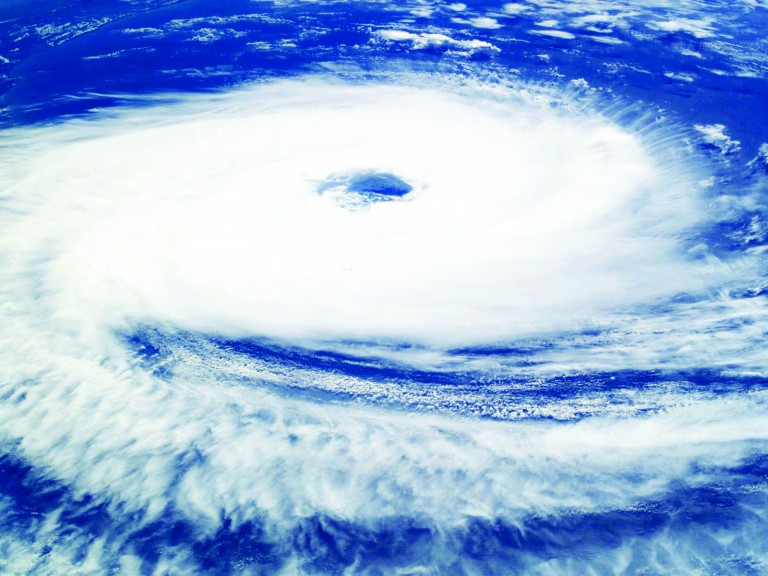
Prof. Stephen Pekar says Sandy was just the opening act of a surge of stronger, bigger storms to come.
The recent super storm Sandy, which hit the New York area and the East Coast causing death, destruction and billions in property damage, will not be our last and definitely not our least, according to a Queens College professor who’s made his life’s work studying the effects of climate change.
“We have a number of things happening to our global system that is going to enhance and strengthen storms of the future,” said Prof. Stephen Pekar, an earth and environmental science professor at Queens College and researcher at the Lamont-Doherty Earth Observatory at Columbia University. “We should be expecting bigger storms and more frequent storms of larger magnitudes.”
Pekar said that Hurricane Sandy was considered an anomaly, with its confluence of three elements: a powerful hurricane with the energy and moisture from above-normal sea surface temperatures; an unusually shaped dip in the jet stream that scientists believe may have been caused by warming in the Arctic to steer the storm from East to West combined with lunar high tides that raised the sea level several feet along the East Coast.
“We’re watching the climate accelerate faster than current climate models,” he said, noting that the amount of sea ice existing today in Antartica is nearly 50 percent less than it was 25 years ago.
He added that all climate models are being revised and that we could lose all of our sea ice by the end of this decade. “The climate change debate is over,” he said, “the climate is changing.”
Pekar made the analogy of today’s climate change debate as being similar to the tobacco industry’s tightly-held assertions decades ago that tobacco was safe to today’s energy companies insisting that climate change doesn’t exist.
“We need to take this talk out of the political arena and give it back to the scientists,” he said, noting that clean energy technologies, such as solar, are now even economically feasible where they weren’t in the past.
“The prices of solar panels have dropped nearly 80 percent in recent years,” Pekar pointed out. “If everyone in New York had solar panels, they would’ve had electric immediately after the storm. It was sunny the next day.”
Steven Hamburg, a researcher who studies the effects of climate change for the Environmental Defense Fund, agreed with Pekar’s views.
“There is every reason to believe that there will be more and stronger storms than Sandy just on the horizon,” he said. “While Sandy’s circumstances were unique and were likely a once-in-a-lifetime weather event, we will see more severe storms as a product of climate change.”
But, Ron Trotta, a NYC meteorologist who’s helped produce weather segments for ABC World News Tonight, Nightline, and ABC Weekend News, said that while climate change is a factor in future storms, it’s not
the only factor.
“I don’t think climate change has put us in a much more precarious position at this point but it has definitely affected the levels of the ocean, the temperatures of the water in the Gulf. I think we’ll have some more storms as the years go by and a bit more ‘out of the norm’ type weather.”
Trotta added that he while he believes some future storms could be somewhat intensified due to climate change, he doesn’t believe it’s to the extent that some of the “alarmists have stated.”
He pointed to 2005 and the devastating Hurricane Katrina as an example. “We had more hurricanes that year than there were letters in the alphabet. And, we haven’t had another year like that since”
Trotta added, “There are so many variables that affect our weather and climate change is definitely one of them.”
Asked about ways to help safeguard NYC from future destructive storms, Pekar said that various infrastructure projects should be undertaken.
Specifically, he said that power lines should be placed underground, fuel delivery systems need to be secured, mandatory backup generators should be deployed at service stations and hospitals and power grid equipment needs to be relocated above storm surges.
By Alan Krawitz

